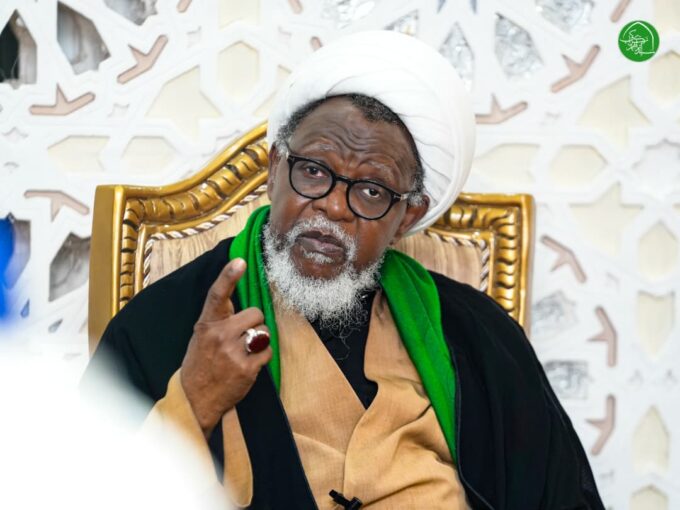An expert and Professor of Polymer and Textile Engineering at the Ahmadu Bello University (ABU), Zaria, Professor Abdullahi Danladi, has commended the Minister of State for Industry, Trade and Investment, Senator John Owan Enoh, for his determination to revive Nigeria’s cotton and textile sector.
According to Professor Danladi, the Minister’s recent tour of key textile industries in Kaduna underscores the Federal Government’s commitment to providing an enabling environment, tackling smuggling, addressing energy costs, and encouraging local patronage.
In his paper, “Reviving Nigeria’s Cotton and Textile Sector: A National Priority and the Role of Academia,” Professor Danladi notes that the textile industry was once a significant contributor to Nigeria’s economy, employing over 450,000 people and contributing to GDP. However, years of neglect, infrastructural decay, smuggling, policy inconsistency, and lack of innovation led to the sector’s collapse, with dire consequences on the economy and livelihoods.
The Professor believes that academia has a critical role to play in the sector’s revival. “The full revitalization of the sector cannot be achieved without the deliberate integration of the academic and research community,” he asserts. Universities and research institutes can spearhead research into improved cotton seed varieties, cost-effective natural dyes, eco-friendly processing technologies, and modern textile design methods.
To achieve this, Professor Danladi advocates for a multi-faceted approach. Academic institutions can:
– Spearhead research into improved cotton seed varieties, cost-effective natural dyes, eco-friendly processing technologies, and modern textile design methods.
– Align engineering, textile science, and fashion-related curricula with current industry demands, prioritizing practical training, internships, and collaborative projects to produce industry-ready graduates.
– Serve as technical advisers to local manufacturers and SMEs, offering expertise on machinery operation, waste management, quality assurance, and new product development.
– Establish innovation hubs and startup incubators where young entrepreneurs can access mentorship, funding advice, and prototyping equipment for fabric production, garment making, and fashion branding.
– Provide evidence-based policy recommendations on trade tariffs, subsidies, intellectual property rights, and capacity-building programs for rural cotton farmers.
The Professor commends Senator Enoh’s efforts, stating that the revival of the cotton and textile sector is central to the government’s industrial policy and employment generation strategy. He urges academia, industry stakeholders, and government to work together to build a complete, integrated, and sustainable value chain — from cotton cultivation to fabric production and garment export.
“Let us thread the needle of revival together,” Professor Danladi concludes, emphasizing the need for strategic collaboration and determination to revive Nigeria’s cotton and textile sector. With the right approach, the sector can drive economic growth, create jobs, and reduce reliance on imports.
The ball is in the court of policymakers, industry stakeholders, and academia to work together towards a common goal.















Leave a comment